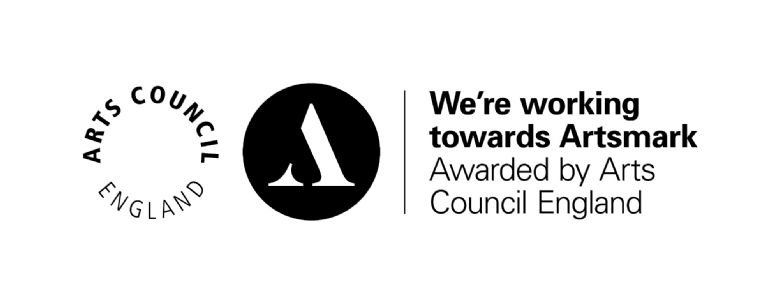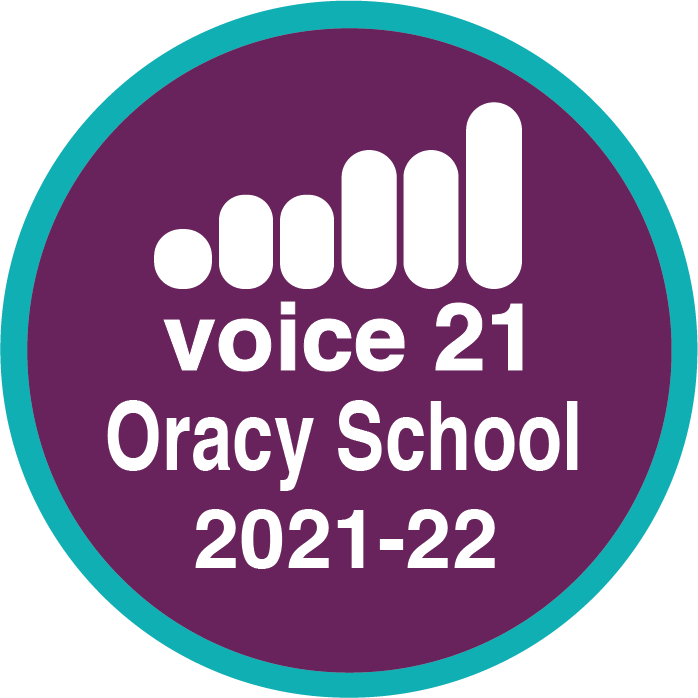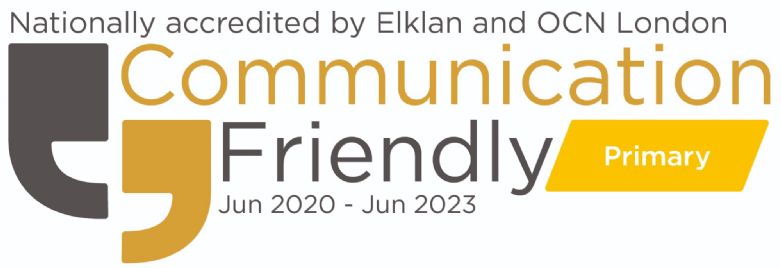Becoming a School Governor / Vacancies
School governors and trustees make a valuable contribution to children’s education, opportunities and futures.
Being a school governor or trustee is a challenging but hugely rewarding role. It will give you the chance to make a real difference to young people, give something back to your local community and use and develop your skills in a board-level environment. You will also be joining the largest volunteer force in the country: there are over a quarter of a million volunteers governing state funded schools in England.
Schools need governing boards that have a balance and diversity of knowledge, skills and experience to enable it to be effective. Ofsted (the national inspection body for schools) has repeatedly noted that the most effective schools demonstrate effective leadership and management - including by the governing board.
Anyone aged over 18 can be a governor or trustee (but there are some exceptions) and you do not need to be a parent. There is no requirement for you to have an understanding of the education system, just the necessary skills, character and time to contribute. There is plenty of training available to help you learn about education. Schools needs and benefit from a range of professional knowledge on their governing board including education, finance, human resources, legal, marketing and public relations, property and estates management, and organisational change.
As a governor or trustee, you will be able to:
- Use your own experience of education and life beyond school to inform conversations
- Develop and utilise your skills in a board-level environment
- Make a valuable contribution to education and your community
- Support and challenge the school so that it improves for pupils and staff
- Bring your unique experiences, perspectives and insights in to decision-making in the interests of the school community
What governors and trustees do?
The governing board provides strategic leadership and accountability in schools. It has three key functions:
- Overseeing the financial performance of the school and making sure its money is well spent
- Holding the headteacher to account for the educational performance of the school and its pupils
- Ensuring clarity of vision, ethos and strategic direction
Governors or trustees set the aims and objectives for the school or group of schools and set the policies and targets for achieving those aims and objectives. They monitor and evaluate the progress the school is making and act as a source of challenge and support to the headteacher. In action, this means:
- Appointing and performance reviewing the head teacher and senior leaders, including making decisions about pay
- Managing budgets and deciding how money is spent
- Engaging with pupils, staff, parents and the school community
- Sitting on panels and making decisions about things like pupil exclusions and staff disciplinary
- Addressing a range of education issues within the school including disadvantaged pupils, pupils with special needs, staff workload and teacher recruitment
- Looking at data and evidence to ask questions and have challenging conversations about the school
Governors and trustees must be prepared to adopt the Nolan principles of public life: selflessness, integrity, objectivity, accountability, openness, honesty and leadership.
Governors and trustees should also be committed to their role and to young people; confident in having courageous conversations; curious with an enquiring mind; able to challenge the status quo to improve things; collaborative to build strong relationships; critical to improve their own work and that of the board; and creative in problem solving and being innovative.
What will be expected of me?
The average time commitment is five to eight hours per month, although it will vary depending on the needs of the school and the role. This includes meetings, background reading and school visits. As well as full governing board meetings, many schools have various committees and link governor roles which you may like to contribute to – this depends on each individual school.
Like magistrates or members of a jury, school governors and trustees have a right to reasonable time off work for their public duties, although this may be unpaid. Your company’s HR department will be able to tell you about its policy.
Each school sets a term of office for its governors and trustees – this is normally four years. Many people choose to serve multiple terms, however as a volunteer you can resign before your term is finished if your circumstances change.
Governance is a voluntary role and therefore it is not paid. Some schools and trusts may pay travel and other expenses, but this will vary so please do ask about their policy.
Get involved
To volunteer as a school governor approach the school directly to see if they have any current or upcoming vacancies.
What happens next?
Whichever route you take to finding a suitable vacancy, the school has its own recruitment process for volunteers that includes completing an application form, undertaking an interview, visiting the school or even observing a governing board meeting. These are an opportunity for the school to ensure you are right for their governing board and for you to decide that school is right for you, helping both to make an informed decision.
It is good practice for schools to take up references before confirming their decision to appoint you so do be prepared to provide these if requested. You will need to complete a declaration of interests for to declare any conflicts of interest you will have including conflicts of loyalty and financial interests – this information must be published by the school on its website. You must undergo an enhanced DBS check, and your appointment will be subject to this – this will be carried out by the school. Once all this is in place, the full governing board can then make a decision about your appointment.
What training and support is available?
There is no requirement for you to have any specific training to be a governor or trustees. Most schools and trusts will have their own induction process to help you get up to speed. There is a lot to take in, however, so if you are appointed through Inspiring Governance, NGA will provide you with 12 months of free support and guidance to help you be confident and effective in your role, to compliment support and training provided by your school or local authority. This includes:
Will I be liable?
Each individual governor is a member of a governing board, which is established in law as a corporate body. Individual governors may not act independently of the rest of the governing board; decisions are the joint responsibility of the governing board.
What is the difference between a governor and trustee?
It all depends on the type of school you govern in – if the school is controlled by the local authority or is a faith school you will be known as a governor, and if you govern on the board of a single or multi academy trust you will be a trustee. If you govern on the board of a school that is part of a multi academy trust, you may be known as a local academy committee member. The role of governors and trustees are largely the same but there are important distinctions. When governing in a multi academy trust, some responsibilities will lie with the trust board and others with the local academy committees – check the scheme of delegation of the trust to find out about this.
There are also different categories of governor including parent, staff and local authority. If you do not have a connection of this nature to the school, you will be a co-opted governor invited to join the board for the skills you can contribute. The type of governor you will become depends on your situation; however all governors have the same roles and responsibilities once part of the governing board.
Governor vacancies are detailed in the section on the right-hand side of the page.



















